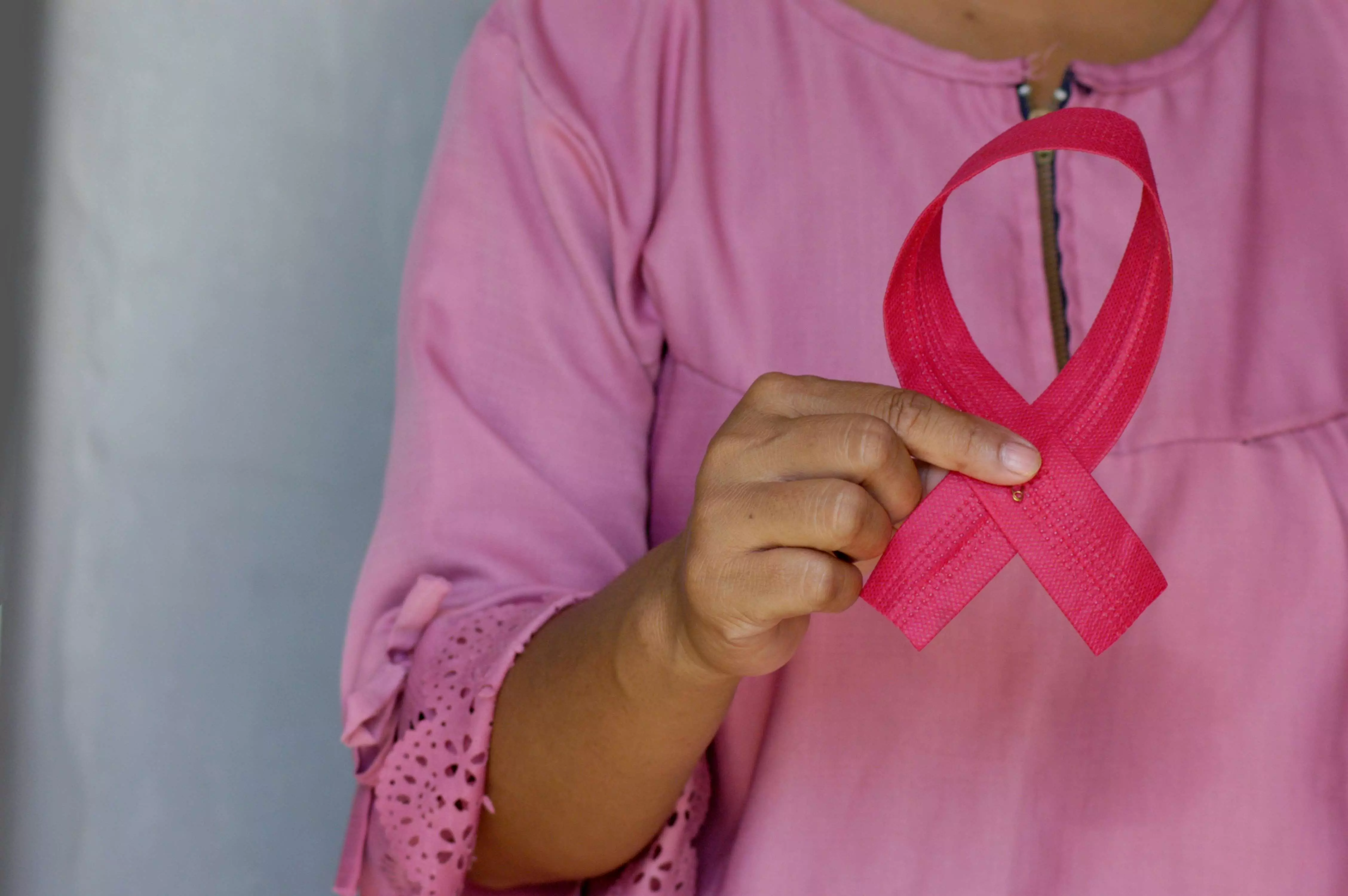A shining solution
Inspired by a personal experience, IAS officer Manisha Ahwale spearheaded project Nidan—a breast cancer awareness and screening initiative—in Solapur, empowering women to access timely diagnosis and treatment

Breast cancer is a known killer disease, but if detected early, it can be cured. This is the story of a young IAS officer, Manisha Ahwale, who used her personal experience to come up with "Nidan."
In 2017, just a few days before her first UPSC CSE interview, Manisha Ahwale’s mother was diagnosed with stage 2 breast cancer. She came along with her to Delhi as a support in her journey to become an IAS officer. Manisha was aware she couldn’t have cleared the exam without her mother by her side. Her mother was carrying the dreaded disease with her. Immediately after the interview, Manisha rushed home. Her mother’s treatment was managed by Dr Pathak in Nagpur. They would travel every week to Nagpur for her follow ups, her chemotherapy and radiotherapy sessions. The whole process lasted more than three months. Considering they lived in the remotest corner of the district, it would take them more than four hours of one way journey to Nagpur, driving their way through potholed roads. She was brave and positive during the entire period. The check-ups were carried out regularly to assess any relapse.
There were, and still are, so many myths and ifs-buts that surround breast cancer. Manisha herself always thought that its occurrence was based on history in one’s family. Also, the whole idea of incidence of disease and the taboos that surround women’s body were so rampant that it hardly made it easier for women to report any symptoms. Manisha recollects talking to one of the women in Solapur district as to why she wanted to get checked. She said that she had been carrying the lump for a long time but couldn’t muster the courage to share even with her immediate family members. She also discovered that more often than not, the financial burden of surgery and treatment involved was so immense that most women were overwhelmed at the very thought of reporting any health issues that bother them.
When Manisha got posted as CEO of Zilla Parishad, Solapur, she wanted that breast cancer awareness, diagnosis and treatment be carried out in a mission mode and in a time bound manner. The whole idea around Project Nidan was, therefore, based on the fact that it was imperative to reach out to women of all age groups for their physical checkup, raise awareness and, at the same time, reduce their psychological and economic burden. Therefore, the name “Nidan” that entailed diagnosis and screening was suggested.
Manisha stumbled upon a start-up called Niramai, which had developed a thermal-based AI-operated mobile machine. She discovered it was non-invasive and cost-effective. After procuring the machine, teams of medical officers (MOs), auxiliary nurse midwives (ANMs), multipurpose health workers (MPWs), and accredited social health activists (ASHAs) were trained. Taluka and PHC-wise roadmaps were developed, where ASHAs would identify suspected cases during physical examinations and bring them to the camps. A key feature of the project was the Asha Taais, who visited homes and made women comfortable with the idea of self-examining their breasts for symptoms. In the initial phase, 10,467 women were examined within three months. Of these, 462 were identified as suspected cases through thermal-based screening. They were referred for biopsy or mammography after consultation with oncologists. To date, 35,559 women have been screened. Among these, 721 have undergone mammography, 309 have been examined by oncologists, and 31 have been diagnosed with and are receiving treatment for breast cancer.
While the procedure sounds simple, it was difficult to reach the numbers mentioned above. In the first month, the project did not receive the expected response. The trained medical officer screening teams were confused, and there were issues with promptly screening women with suspected cases for mammography. This made women feel more vulnerable and insecure. Due to the initial challenges in garnering support, scaling up the project across the district was difficult. At this point, Manisha decided to start from scratch. Training for all ASHAs was conducted, focusing on the symptoms to look for. Active PHCs and talukas headed by competent Taluka Health Officers (THOs) were selected. These taluka teams planned local visits, created patient line lists with phone numbers, and sent them to nearby oncologists for consultations and mammograms or biopsies, the costs of which were borne by the Zilla Parishad.
The most important thread was generating trust in the process. Once this was successfully achieved, a chain of treatment and word of mouth naturally spread. So much so that many Gram Panchayats requested the Project Nidan team to visit their villages and organize camps.
Project Nidan is not an innovative concept; it is an extension of the underperforming Non-Communicable Disease (NCD) programme of the Government of India under the National Health Mission (NHM). Both central and state governments are spending enormous amounts of money on Information, Education, and Communication (IEC) as well as diagnosis, but penetration remains insufficient. Perhaps what Manisha has done is to bring women out of their homes, instil confidence, and ensure the process doesn’t feel like a burden. For many women, taking care of their own health was once considered a luxury—a far-fetched idea in a patriarchal society. But now, thanks to Manisha's efforts, this is changing. Slowly but surely, what she attempted was to simply nudge them forward. It became their movement!
The efforts of Manisha and her dedicated team present a wonderful example of Nexus of Good, as this simple initiative can be replicated and scaled across the country through public-private partnerships.
Views expressed are personal



